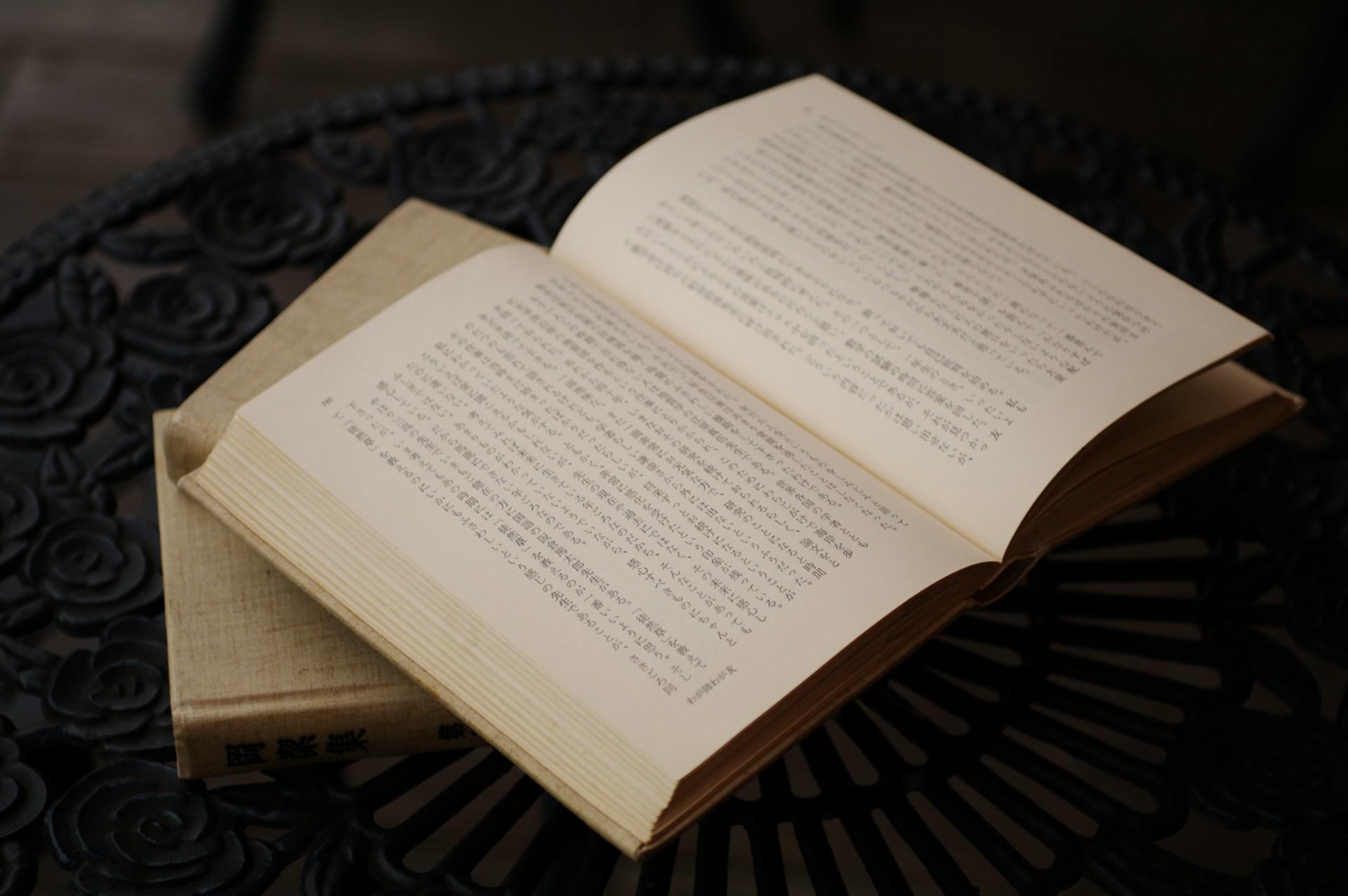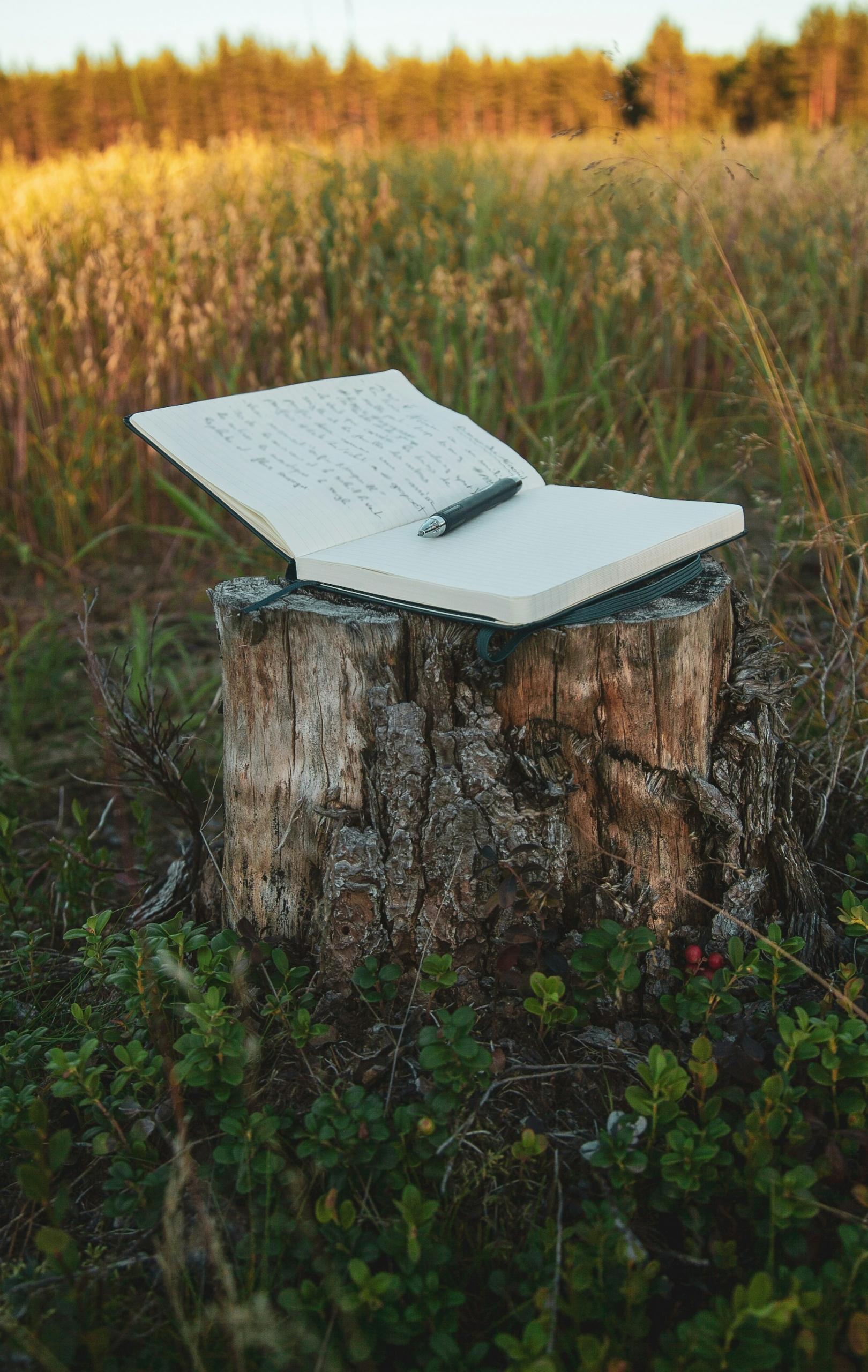Do you have a knack for writing different types of literature? Being able to play with words to create beautiful text and transport the reader to another world by stimulating their imagination is not a talent everyone possesses. To be able to call yourself a world-class writer, you'll have to become adept in various writing styles. Not only will this fuel your passion, but you'll also be flexible enough to make tweaks to your writing according to the genre you're catering to.
Choosing poetry to start your writing career with is an excellent approach to building a progressive professional path. Several forms of poetry can help hone your writing skills. An old but still famous form of poetry is haiku.
If you're excited to learn about haikus and know how to write a haiku poem, you've come to the right place! In this post, we'll be exploring this Japanese form of poetry in immense depth.
In this article we'll explore
- What is a haiku
- The history of the poetry style
- Traditional haiku topics
- Excellent examples of haikus

What Is a Haiku?
A haiku is a traditional Japanese poetry form comprising three lines of unrhymed poetic verses. But what makes a haiku and what is its format?
It is a poem of seventeen syllables, arranged in three lines. The first line comprises five syllables, the second line seven, and the third line has five syllables. These three lines originally opened a longer poem known as 'Renga.' After gaining immense popularity, they became stand-alone poems in the 19th century. Originally known as 'Hokku,' the Japanese writer Masoaka Shiki has given the poem its current name.
A haiku is a unique form of poetry as it is short and does not need to rhyme, unlike other poetry types. They do not adhere to the general rules of poetry. A haiku captures live moments, expressions, emotions, and thoughts. They are intense and simple as they emphasize the directness of emotions. This makes haikus engaging to read and write.
Throughout history and in today's poetry scene, haiku have often centered around nature, with a particular emphasis on seasonal shifts. This classic form of verse often captures a singular moment and frequently contrasts two images within that moment.
If you are wondering how to write haiku poems, then all you need to do is use a provocative to create short and valuable content. The philosophy of haiku revolves around focusing on a specific moment in time using colorful images. The whole idea behind writing a haiku is to give a sense of sudden enlightenment to the reader, as your poem should have the ability to be read in one breath.
If you want to hone your poetic skills to become a world-class haiku poet, head straight to Superprof, as we offer private online poetry tutoring.

What Is the History of Haiku?
Dating back to the 13th century, a haiku is a traditional poetry from Japan that was originally the opening stanza of a long oral poem, 'renga,' which continues for hundreds of stanzas. Fast forward to the 17th century, haiku broke away from the original renga to become an exclusive short poem.
Traditional Japanese haiku poems consist of three phrases which are made up of 17 phonetic units in a 5, 7, 5 pattern; that include a kireji, or "cutting word"; and a "kigo", or reference to the seasons.
Following that, haikus gained excessive popularity due to its comprehensive nature. Poets soon adopted it throughout the world, including the US, UK, and other parts of the world. The famous American poet Ezra Pound substantively admired the philosophy of haiku. He originally wrote a thirty-line poem, "In a Station of the Metro," but pared it down to two after being influenced by its brevity and juxtaposed images.
The regular traits of haiku have been repeatedly broken, precisely its syllabic pattern, but its philosophy of capturing the brief moment in time is still preserved throughout the world.
As you may have already guessed, throughout its history, the topics and themes explored in haiku poems have changed. While before, they tended to be more ethereal, contemporary poets go for relatability. The thing that has remained unchanged is the fact that all haiku poets draw inspiration from their surroundings.


What Are Good Haiku Topics?
Originally haikus were written about nature, animals, the seasons, and natural occurrances. They capture transient moments in time and highlight subtle details that are often unnoticed.

However, after its evolution and through the effect of modern literature, haikus are now written on any topic. Common subjects in Haikus include lost moments, love, moral reflections, and contrasting elements. A haiku is written to raise social awareness, create comedic content, reminisce on the past, evoke emotions, and much more.
Many beginners face writer's block when they sit down to write haiku poetry. Choosing the right topic can excessively help create whimsical and engaging haikus. We have some haiku poem ideas that can help you get started on writing a haiku. Let's take a look at them:
Natural World
The traditional Japanese haiku focused excessively on situations taking place in the natural world. This includes capturing outdoor scenes and experiences. You can creatively play around with words to describe delicate moments happening around you.
“A World Of Dew” – Kobayashi Issa
A world of dew,
And within every dewdrop
A world of struggle.
Changing Seasons
Using different seasons and times of the year to write captivating haiku poems has been a common practice for centuries. Poets can gain excessive inspiration from falling leaves, blossoming flowers, melting snow, and bombarding sun rays.
“A Day In Spring” – Masaoka Shiki
Toward those short trees
We saw a hawk descending
On a day in spring.
Everyday Experiences
Haiku poets are often visible in trains, buses, parks, and other public places—sitting quietly in one corner, observing the different people and their activities. This is because they are recording everyday experiences to write enticing poems for viewers.
Funny Occurrences
Choosing a funny topic for a haiku can uplift the reader's mood and yours. Usually written in the 5-7-5 format, humorous haiku poem ideas can include funny occurrences or made-up stories. There are quite a few examples of haiku poems with an element of humor to them.
Yamada Zenjido
The automatic door sensor
Doesn’t seem to be working, even though I tried everything
Oh, you have to push the button.
Spirituality
Spirituality is a great topic to write deep and intense haikus. You can comprehensively enlighten readers that there is something greater than us as we are just a part of something cosmic or divine in nature. This can include the connection of the human soul and spirit with divine or celestial beings as opposed to material or physical aspects.
Sadness and Despair
Sadness and despair are the most popular topics among haiku enthusiasts. You can avoid candidness in haiku poems by not outrightly spilling sad feelings. For instance, you can achieve depth in these topics by describing an autumn leaf being crushed under walkers' feet or a pearly seashell being washed up in a sudden ocean wave.
"Ash on an Old Man's Sleeve Haiku" – Gary Hardaway
My moments of great
Happiness are gone. The days
Fall soft as ashes.
Love
Love is generally a preferred topic in poetry, let alone haiku. You can establish exceptional intimate content by describing romantic or wholesome feelings between lovers and other meaningful relationships.

Lost Moments
Many haiku poets' go-to topic has been bringing up past experiences and historical events. You can create highly captivating haikus by capturing lost moments to reminisce about the past.
Exotic Places
Use your vision to describe exotic places and landscapes. This can include places like snow-capped mountains, lush green highlands, eye-reaching fields, warm sandy deserts, and whatnot.
"Bikes" – Hugo Sarvida Jr.a
Bikes bring you places
Rugged terrain, dense forest
That cars never see....
Aging and Circle of Life
Many haiku poets like Matsuo Basho, Murakami Kijo, and Kobayashi Issa unveil aging and life cycles to create holistic and engaging poems.
Food and Drink
Some haikus are written to celebrate the finer things in life, including food and drink.
Teiichi Suzuki
Merciless
Salmon and its eggs
At the sushi bar
Animals
Lots of us have ready-made inspiration in our homes; our pets! Animals and pets are such a good topic for haikus and one of the popular types of haikus out there. Looking for haiku inspiration? Just stare into your loving pet's eyes! Of course, there are plenty of other animals out there to serve as topics for haiku poems such as birds and wild animals.
What Is an Example of a Good Haiku Poem Idea?
If you are wondering how to write a haiku, it is best to go through the approach of famous haiku poets to understand formatting, style, and suitable topics. We are sharing a famous and best-known Japanese haiku, "old pond" by Matsuo Bashō, to give you an idea.
古池や蛙飛び込む水の音
ふるいけやかわずとびこむみずのおと
furu ike ya kawazu tobikomu mizu no oto
Translation:
old pond
frog leaps in
water's sound
This is separated as:
fu-ru-i-ke ya (5)
ka-wa-zu to-bi-ko-mu (7)
mi-zu-no-o-to (5)
Ready to write your own haiku? You can read articles and watch videos, but ultimately, the way to get your ideas across is to start writing and get to grips with your own styles. Though haikus may be restrictive in terms of their format, the ideas can be wide-ranging and a lot of people create a daily haiku as a part of their routine. The key is to exercise your creativity.
Here are some additional poets and their top-rated work:
| Haiku Poets | Reputable Work |
|---|---|
| Matsuo Bashō | “The Old Pond” |
| Kobayashi Issa | “A World of Dew” |
| Yosa Buson | “Lighting One Candle” |
| Katsushika Hokusai | “A Poppy Blooms” |
| Natsume Sōseki | “Over the Wintry” |
| Ezra Pound | “In a Station of the Metro” |
| Jack Kerouac | “The Taste of Rain” |
Learn How to Write Haiku Poems with Superprof?
Are you looking for a private tutoring platform to learn how to write haiku poems? Say no more –Superprof connects you to highly educated and experienced poetry teachers. No matter where you are based, these tutors will teach you haiku poetry through the web.
Many teachers assign readings and practice to students, making them learn haiku on their own, however, the approach used by many Superprof tutors is unique and interactive, allowing students to clear their confusion and queries so that they become world-class haiku poets.
Superprof can connect you to a tutor that has the poetry and language skills you need to continue your journey and learn how to write haikus or other forms of poetry. Reach out to a Superprof tutor today.
Summarize with AI:
















Helpful
Where are the examples?!?!?!?!?
Hello Cameryn! If you look under the header “What Is An Example of a Good Haiku Poem Idea?”, you will see the example of the haiku “old pond”. Additionally, you will see after that a table listing other poets and their best haikus.
they are right in the middle of the article